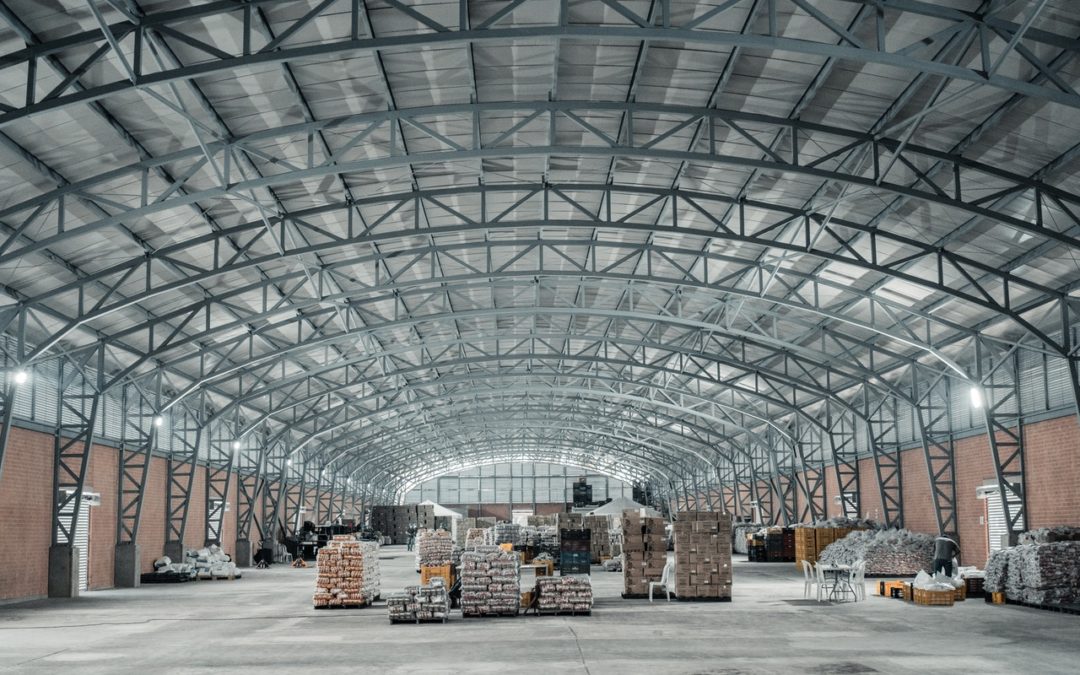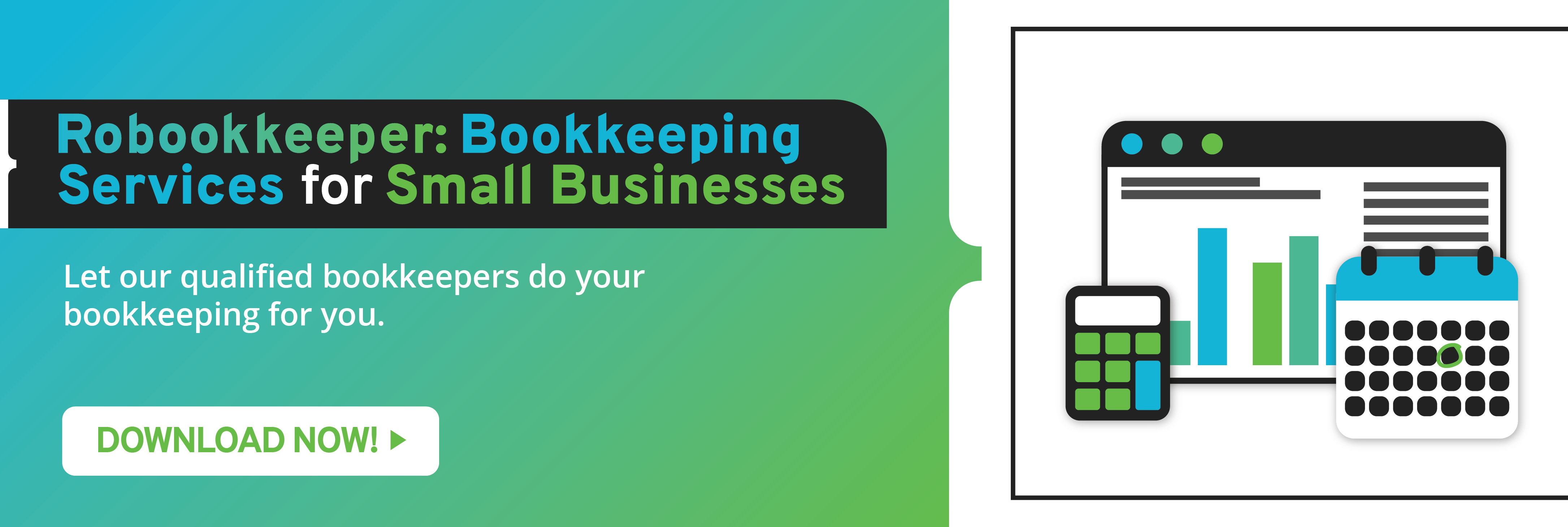Are you considering buying a warehouse for your growing small business? It’s a huge investment that has recurring costs. However, doing so also provides you with plenty of advantages. You can monitor quality control, prevent theft and shrinkage, deliver to customers faster, and possibly reduce costs because you no longer have to rely on a third-party provider.
Before you make an investment on a warehouse, here are some tips about buying a warehouse.
Location is Important
One of the biggest factors to consider in selecting a warehouse is its location. Is it near your store, restaurant, or office? Is it within the neighborhood of most of your customers? It will be easier to deliver inventory to your shelves if your warehouse is near you. Also, your customers will receive their products earlier, if your warehouse is near them. It will be convenient for you, if your warehouse is near your company and customers. However, if you need to stock shelves on a regular basis, it’s better to have it near you instead.
Is it Easily Accessible?
The accessibility of your warehouse is another factor to consider. How many hours does it take to reach? Is it far from you and your target customers? Your competitors can beat you, if your deliveries take longer than theirs. Go on a site visit and monitor the time it takes to reach it. Consider factors such as accessibility to main roads and public transportation (if some of your employees need to go to the warehouse or if you hire full-time, on-site staff) before making a decision to buy.
Experience of the Warehouse Team
You should consider buying storage space as part of your overall investment strategy for your small business. Other than the warehouse’s location and accessibility, you should consider the experience of the team that will manage it. Outsourcing warehouse staff is an option; however, you should review their experience and skills before you give them a contract. Do they know the best practices in quality control? Can they eliminate theft of inventory? Can they use the latest warehouse management technology? Can they reduce the possibility of shrinkage? The answer to these questions enables you to make an informed decision.
Warehouse Company’s Customer Profile
Your small business needs are different from bigger companies. The client profile of your chosen warehouse and management team will give you an idea, if they can be good business partners. If the warehouse and team on your shortlist have plenty of small business clients, they’ll know exactly how to help you and the kind of services you’ll need.
If the Price is Right
Your budget will determine the size of the warehouse you’ll get and the level of experience the management team will have. Buying a warehouse will incur a lot of expenses for your small business. You need to review your cash flow and determine if your investment will allow you to sustain profitable operations. You can also consider renting first then buying once your company can shoulder all the expenses.
Purchasing a warehouse is a major move that requires review. The abovementioned tips allow you to make an informed decision on whether to invest in a warehouse or not. We at Robookkeeper can provide you with good value virtual bookkeeping services. Our team of virtual bookkeepers delivers first-rate work.



